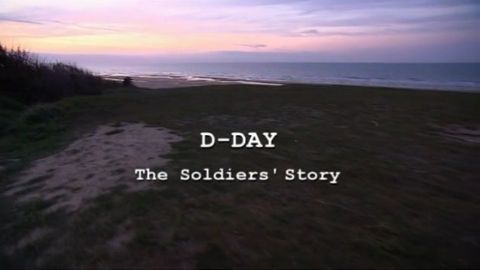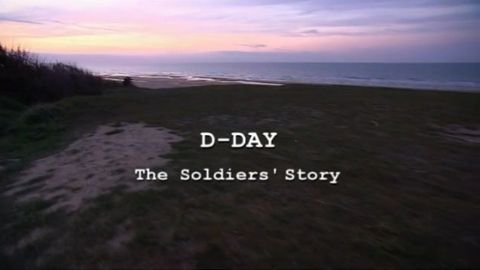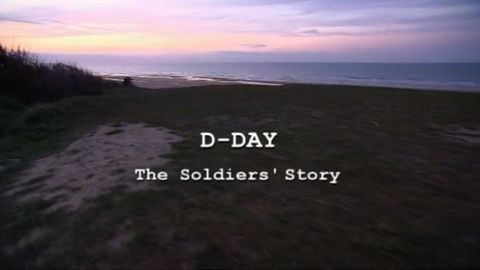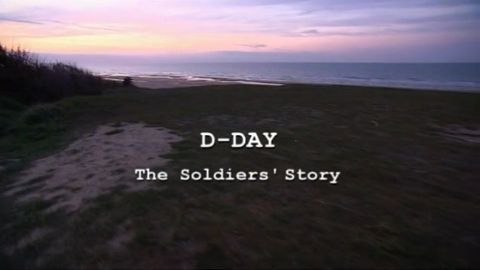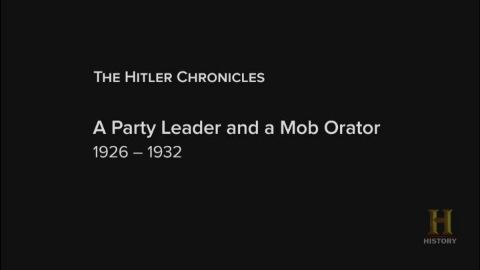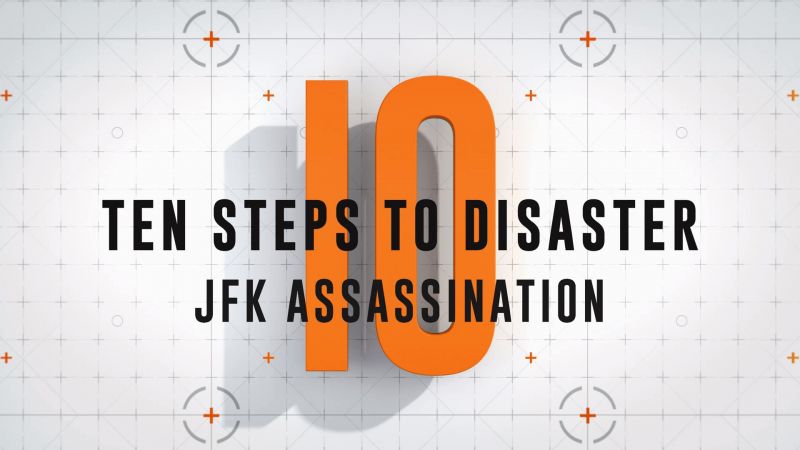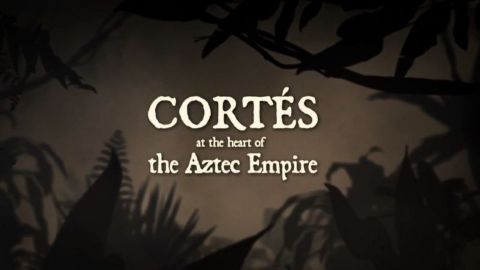Part 3 • 2012 • episode "S1E3" • D-Day: The Soldiers Story
D-Day is underway, but at Omaha Beach, 'the Bedford Boys', volunteers of the US 29th Infantry Division, find themselves thrown into freezing surf and a murderous German cross-fire. As the first assault waves are mown down on the ramps of their landing craft, it looks like the Allied invasion of Europe might be careering towards disaster. But at other beaches the British, Canadian and US troops are soon able to advance inland. For the local French population it is a moment of joy, but also great danger. Hundreds are killed when the RAF bombs the Norman town of Caen – one of their D-Day objectives. The fighting inland is no less fierce than on the beaches. As 'the Longest Day' draws to a close, rumours circulate on both sides that the enemy is shooting its prisoners.
Make a donation
Buy a brother a hot coffee? Or a cold beer?
Hope you're finding these documentaries fascinating and eye-opening. It's just me, working hard behind the scenes to bring you this enriching content.
Running and maintaining a website like this takes time and resources. That's why I'm reaching out to you. If you appreciate what I do and would like to support my efforts, would you consider "buying me a coffee"?
Donation addresses
BTC: bc1q8ldskxh4x9qnddhcrgcun8rtvddeldm2a07r2v
ETH: 0x5CCAAA1afc5c5D814129d99277dDb5A979672116
With your donation through , you can show your appreciation and help me keep this project going. Every contribution, no matter how small, makes a significant impact. It goes directly towards covering server costs.
